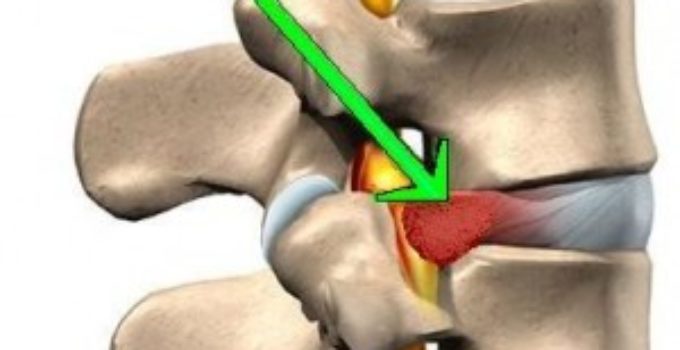Tag: slipped disc
With nearly 80 percent of the general population experiencing back pain at some point in their lives, it is important for patients to understand the source of their discomfort in order to expedite relief. Herniated discs—sometimes referred to as slipped or ruptured discs—are one of the more serious causes of lower back pain. Herniated discs can lead to severe pain, and even to numbness and weakness in the legs, if left untreated. Today, I will further explain the root causes of the pain associated with herniated discs, common symptoms, and a few simple treatment options. What is a herniated disc? …
When patients experience shooting pains in the buttocks or legs, many mistake it for a pulled muscle or location-specific injury. However, this pain may be the symptom of a much larger issue occurring in the spine. Whether it’s pain, numbness, or weakness in the legs, these symptoms are often diagnosed as sciatica. When I speak to patients, there is often confusion about what sciatica means and how it can be treated. Today, I’m explaining the condition, what causes the pain, who is at risk, and a few simple treatment options. What is sciatica? To be clear, sciatica is actually a …
Last week, I posted about herniated discs in the cervical spine (or neck), but herniated discs can also occur in the lumbar spine (low back). Often times, patients suffering from a herniated disc in the lumbar spine are in the 30 – 40 year old age range. Many of the patients that I treat have injured their back from sporting or lifting incidents, but sometimes the injury occurs just from routine activities like bending over to pick up an object on the floor. According to the American Academy of Orthopaedic Surgeons, low back pain affects four out of five people; therefore …
Have you ever heard someone complaining of pain from a “slipped disc?” If so, they are referring to a herniated disc. Discs can bulge when they lose water content, making the disc flatter with less cushioning. When a disc becomes too weak and begins to bulge, it puts pressure on the surrounding nerves. This pressure can cause nerve pain, numbness, tingling and weakness. Herniated discs can occur in the cervical spine (neck) or in the lumbar spine (lower back). Today, I will share my experience with patients who have a herniated disc in the cervical spine. This condition can occur …

